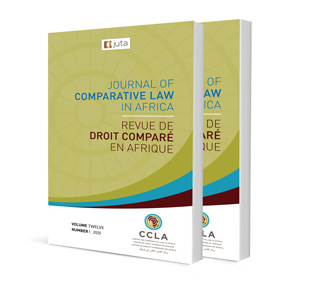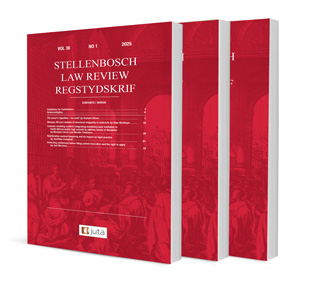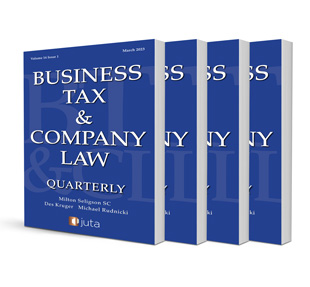An exploratory analysis of the protection of mobile money consumers under the South African financial consumer protection laws

An exploratory analysis of the protection of mobile money consumers under the South African financial consumer protection laws
Authors: Luck Mavhuru, Howard Chitimira
ISSN: 2521-2605
Affiliations: BSc Hons Sociology (UZ), LLB (Wits), LLM (UCT), PhD (UCT). Postdoctoral Research Fellow, Faculty of Law, North-West University, South Africa; LLB (Cum Laude), LLM (UFH), LLD (NMMU). Research Director, Research Professor and Professor of Securities and Financial Markets Law, Faculty of Law, North-West University, South Africa
Source: Journal of Comparative Law in Africa, Volume 12 Special Edition, p. 214–233
https://doi.org/10.47348/JCLA/v12/2025-SEa8
Abstract
Consumer protection encompasses laws, regulations, and other measures designed to ensure fair and responsible treatment of financial consumers in their interactions with financial products and services. It establishes clear guidelines for financial firms in their dealings with retail customers. Consumer protection is vital as it ensures that consumers receive fair and transparent treatment, fostering confidence in financial service providers. This is particularly crucial in emerging markets, where there is often a limited history of formal financial service providers. The emphasis on consumer protection in financial services has grown in recent years, enhancing the understanding of the importance of empowering consumers to make informed financial decisions. Financial consumer protection focuses on safeguarding consumers’ financial assets, such as deposits, from fraud, misappropriation, and misuse. In South Africa, consumer protection is governed by the Consumer Protection Act (CPA), which outlines consumer rights and supplier responsibilities. The CPA aims to protect consumer interests, ensuring accessible, transparent, and efficient redress for those who experience abuse or exploitation in the marketplace. Statutes such as the Financial Sector Regulation Act and the Banks Act also contain provisions designed to protect financial consumers. This article evaluates the extent to which these legislative frameworks safeguard users of mobile money services, analysing their effectiveness in addressing the unique risks associated with deposit protection.

